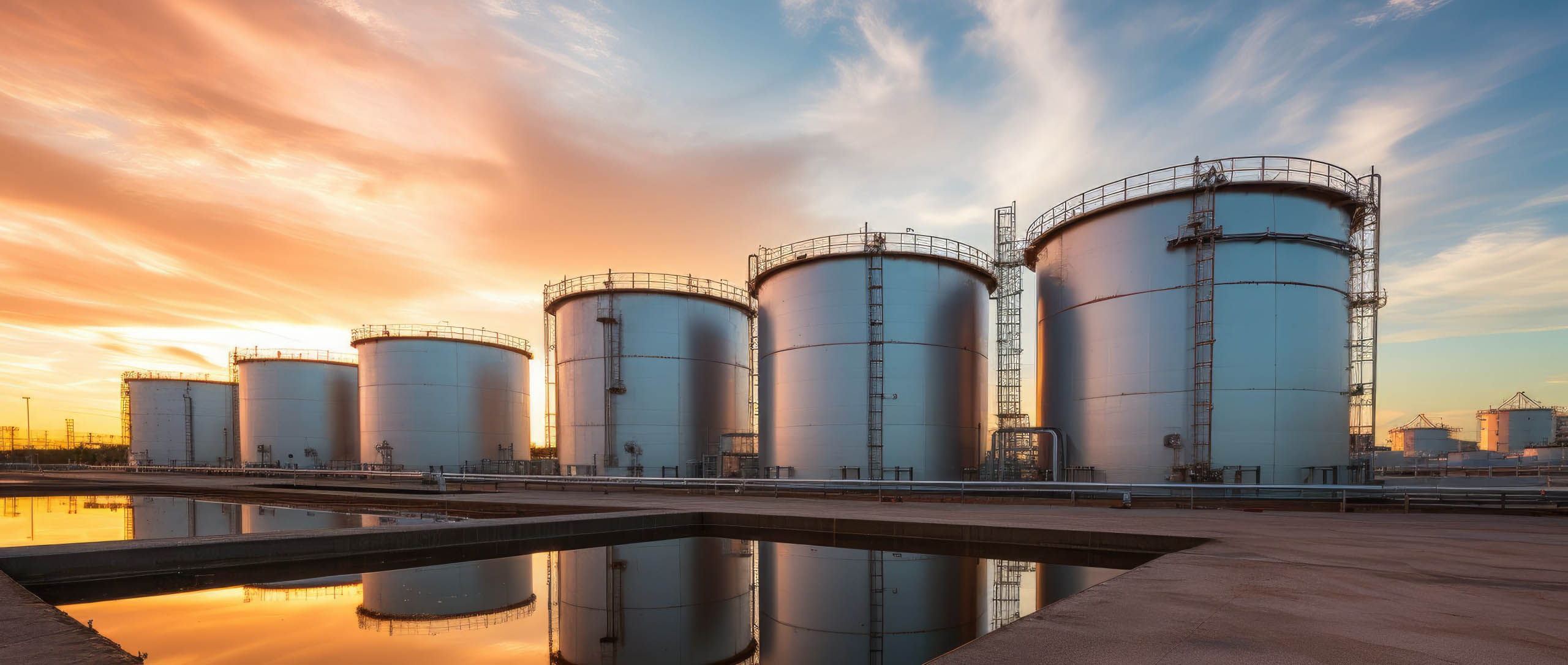
Meetings of the International Energy Agency – October 2019
On 22-nd and 23-rd of October 2019, representatives of the Agency attended the meetings of the International Energy Agency (IEA) working groups in Paris - the IEA Standing Group on Oil Markets (SOM) and the IEA Standing Group on Emergency Questions (SEQ).
At the beginning of the 159-th session of the SEQ, an evaluation of Member States' compliance with storage obligations was presented. The Slovak Republic is constantly fulfilling its commitments, currently at approximately 122 days of average daily net imports (stocks held by the Agency together with commercial stocks of business entities). Australia is the only Member State that has not met its long-term emergency stock commitments.
The delegates were informed of the status of accession negotiations with the IEA candidate countries - India and Lithuania. The presentation of the IEA's Energy Policy and Security Representatives focused on the vulnerability of the Asian region to external impacts, especially in the Middle East, and an attack on Saudi Arabia's Abqaiq terminal with a 1/5 outage of its production capacity is a challenge for associated countries to strengthen emergency preparedness for possible future unforeseen situations in the region. This is also related to efforts to expand cooperation with the world's most populous countries in China and the aforementioned India, in the field of oil security. The last topics of the SEQ session were:
-
preparation of the ERE10 emergency preparedness exercise to be carried out in the first half of 2020 (similar to the previous ERE 9, the exercise will be accomplished in 2 phases in March and June 2020)
-
updated information of the dates of execution of joint IDR / ERE reviews by 2025. A joint review for the Slovak Republic is planned at the turn of the years 2022/2023.
The SOM meeting focused mainly on the current situation on the oil market in terms of security of supply and price developments. Fortunately, the attacks on the Saudi terminal had only a short-term impact on world oil prices. In 2019, there is a noticeable slowdown in demand growth. The consumption of heavy gasoline also decreased, while LPG consumption continued to rise. As a result of the attack on the Saudi Arabian terminal, as well as local riots (Ecuador and Iraq, Ecuador leaving OPEC in January 2020), the supply side has also seen a decline - refinery production growth in 2019 is the lowest since 2005, however, at a sufficiently high level and above the five-year average.
The entire block of the program was dedicated to shipping, as the maritime fuel market is preparing for the International Maritime Organization (IMO) rule on sulphur cap to adjust from 2020 onwards. From 1-st January 2020, the sulfur content of marine fuel must not exceed 0.5%, but according to available data by that date, less than 3 000 out of a total of 93 000 ships will be ready to use Sulfur-reduced marine fuel. It can therefore be expected that shipowners will only focus on the 0.50% Sulfur Fuel (VLSFO) to meet the IMO requirement, or they will opt for a more expensive alternative - marine gasoil. It is therefore possible to expect a potential distortion of the market for the abovementioned distillates and diesel fuels as from 1-st of January 2020.